MPs, government officials spar over NIS privatization
Aleksandar Vučić said on Thursday that the privatization deal for Petroleum Industry of Serbia (NIS) reached Gazprom brought more benefits than damage.
Friday, 27.12.2013.
09:58

BELGRADE Aleksandar Vucic said on Thursday that the privatization deal for Petroleum Industry of Serbia (NIS) reached Gazprom brought more benefits than damage. The situation is not merely black and white although the agreement could have been much better, said the first deputy prime minister. MPs, government officials spar over NIS privatization Replying to the question concerning the NIS privatization voiced by MP of the League of Social Democrats of Vojvodina Djordje Stojsic in parliament, Vucic said that the public company operated with losses prior to the privatization. “In case of any legal requests for examination of the privatization, it can be conducted without problems,” Vucic said and noted that save for the political, there were no other challenges for the privatization. He noted that there were some attempts to discuss the increase of mining rent with the Russian partners of NIS but they called on the intergovernmental energy agreement between Russia and Serbia. “I did not participate in its drafting, and I was notified that if the mining rent was to change, it would not be good for our bilateral relations,” Vucic said. “We did not have the power to change the mining rent, although it would be good if it was higher, and we did not succeed. I hope that a next generation would have the power, when Serbia grows stronger,” Vucic said. MP Stojsic stated that people in Vojvodina consider the NIS privatization as the most controversial case and that this had been announced as the job of the century, which it in fact was, but for the Russian partners as they purchased the oil and gas reserves as well, all for EUR 400 million. (File) Dacic urges signatories to speak out Prime Minister Ivica Dacic said that the energy agreement between Serbia and Russia signed in Moscow in 2008 is a political agreement and it is high time that those who signed it said something about it. “For how long will this (ruling) coalition have to defend this agreement, which was signed during the government led by then PM Vojislav Kostunica and the time when the country’s president was Boris Tadic. Do open your mouth and say something about it, about what you signed,” Dacic said in the Serbian parliament. He was replying to a question from opposition Christian Democratic Party of Serbia (DHSS) official Olga Batic about "why Serbia does not have a privileged status in its energy agreement with Russia as Ukraine does." The prime minister said that while watching the Insajder TV show, broadcast by B92, he heard that current opposition Democratic Party (DS) whip Borko Stefanovic had led some talks in connection with the issue and added that he, therefore, needs to explain why the agreement was concluded to look the way it is. Dacic asked Construction Minister Velimir Ilic, who was also a minister back then, to explain how these negotiations proceeded. The prime minister also said that answers to these questions cannot be provided by him, or First Deputy Prime Minister Aleksandar Vucic or head of state Tomislav Nikolic, but can be given by Tadic, Kostunica and Ilic. Minister Ilic said that the then political leadership was unanimous and pointed out that all of it took place at a time close to presidential elections in Serbia. Batic asked Energy Minister Zorana Mihajlovic why Serbia is not buying gas directly from the producer, but rather through as many as two mediators, which, she said, causes Srbijagas achieve poor business results. Batic asked why the contract cannot be terminated, as even the Fiscal Council has warned that the success of the country’s fiscal consolidation depends on resolving the issue of the massive debt incurred by Srbijagas. “Why cannot Serbia get lower gas prices like Ukraine?” Batic asked. Mihajlovic answered that talks on how to solve the financial problems of Srbijagas in a way that would not jeopardize the budget are underway, adding that the issue will be resolved sooner than expected. “When you mention Ukraine, do not forget its location or how important it is for Russia and the EU. Our location is not that important; our positions are different,” Mihajlovic said, stressing that the issue does not concern economic, but rather political and other positions. Tanjug
MPs, government officials spar over NIS privatization
Replying to the question concerning the NIS privatization voiced by MP of the League of Social Democrats of Vojvodina Đorđe Stojšić in parliament, Vučić said that the public company operated with losses prior to the privatization.“In case of any legal requests for examination of the privatization, it can be conducted without problems,” Vučić said and noted that save for the political, there were no other challenges for the privatization.
He noted that there were some attempts to discuss the increase of mining rent with the Russian partners of NIS but they called on the intergovernmental energy agreement between Russia and Serbia.
“I did not participate in its drafting, and I was notified that if the mining rent was to change, it would not be good for our bilateral relations,” Vučić said.
“We did not have the power to change the mining rent, although it would be good if it was higher, and we did not succeed. I hope that a next generation would have the power, when Serbia grows stronger,” Vučić said.
MP Stojšić stated that people in Vojvodina consider the NIS privatization as the most controversial case and that this had been announced as the job of the century, which it in fact was, but for the Russian partners as they purchased the oil and gas reserves as well, all for EUR 400 million.
Dačić urges signatories to speak out
Prime Minister Ivica Dačić said that the energy agreement between Serbia and Russia signed in Moscow in 2008 is a political agreement and it is high time that those who signed it said something about it.“For how long will this (ruling) coalition have to defend this agreement, which was signed during the government led by then PM Vojislav Koštunica and the time when the country’s president was Boris Tadić. Do open your mouth and say something about it, about what you signed,” Dačić said in the Serbian parliament.
He was replying to a question from opposition Christian Democratic Party of Serbia (DHSS) official Olga Batić about "why Serbia does not have a privileged status in its energy agreement with Russia as Ukraine does."
The prime minister said that while watching the Insajder TV show, broadcast by B92, he heard that current opposition Democratic Party (DS) whip Borko Stefanović had led some talks in connection with the issue and added that he, therefore, needs to explain why the agreement was concluded to look the way it is.
Dačić asked Construction Minister Velimir Ilić, who was also a minister back then, to explain how these negotiations proceeded.
The prime minister also said that answers to these questions cannot be provided by him, or First Deputy Prime Minister Aleksandar Vučić or head of state Tomislav Nikolić, but can be given by Tadić, Koštunica and Ilić.
Minister Ilić said that the then political leadership was unanimous and pointed out that all of it took place at a time close to presidential elections in Serbia.
Batić asked Energy Minister Zorana Mihajlović why Serbia is not buying gas directly from the producer, but rather through as many as two mediators, which, she said, causes Srbijagas achieve poor business results.
Batić asked why the contract cannot be terminated, as even the Fiscal Council has warned that the success of the country’s fiscal consolidation depends on resolving the issue of the massive debt incurred by Srbijagas.
“Why cannot Serbia get lower gas prices like Ukraine?” Batić asked.
Mihajlović answered that talks on how to solve the financial problems of Srbijagas in a way that would not jeopardize the budget are underway, adding that the issue will be resolved sooner than expected.
“When you mention Ukraine, do not forget its location or how important it is for Russia and the EU. Our location is not that important; our positions are different,” Mihajlović said, stressing that the issue does not concern economic, but rather political and other positions.


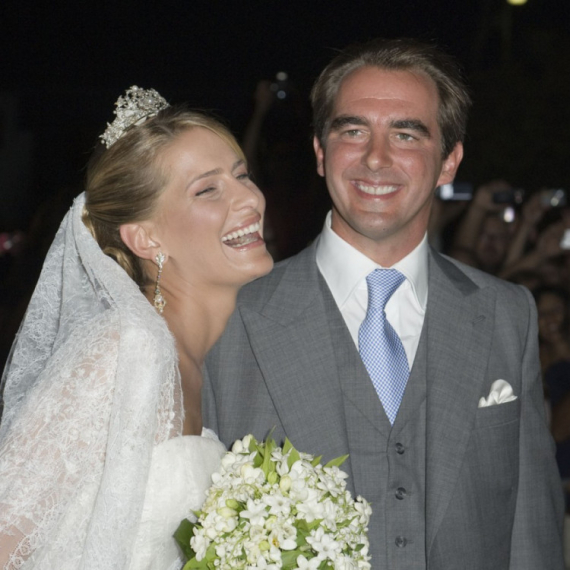










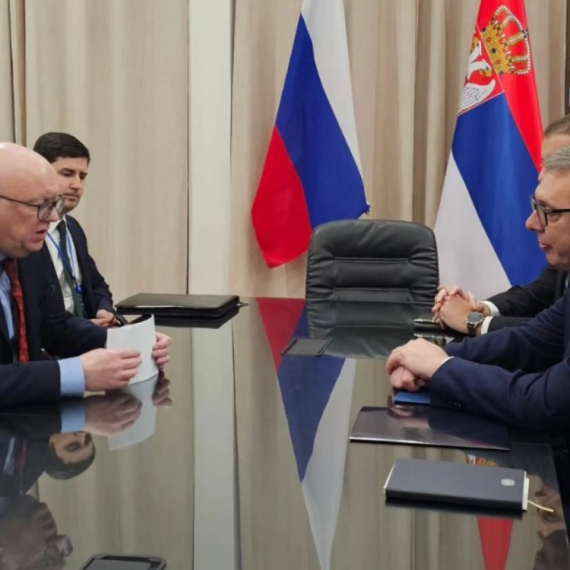
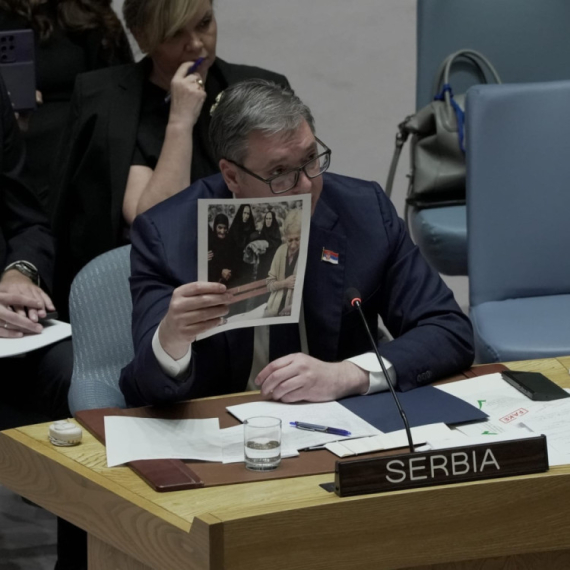









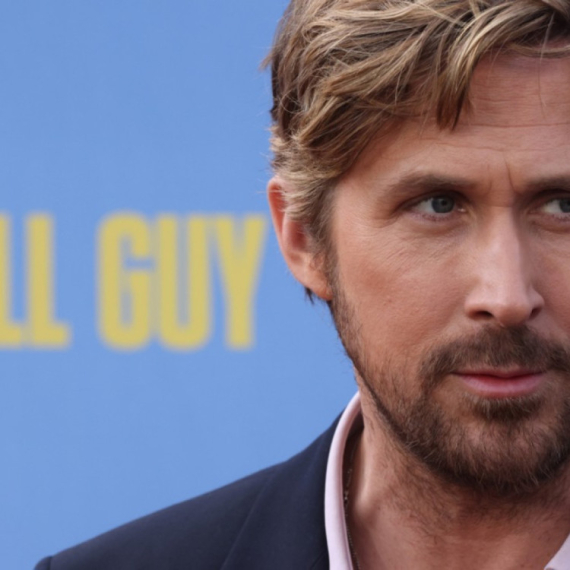






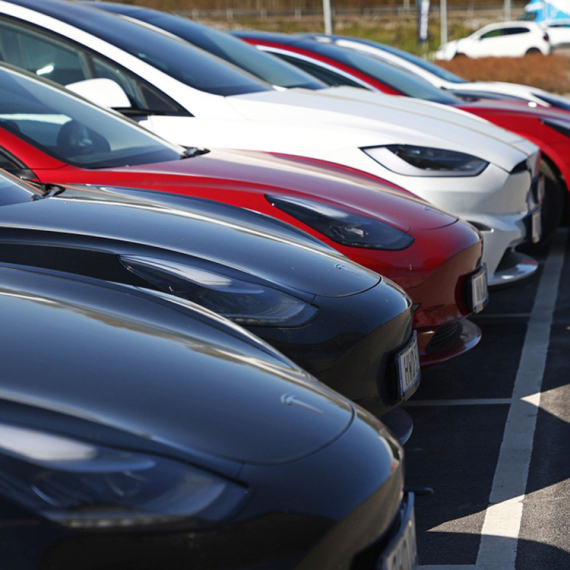




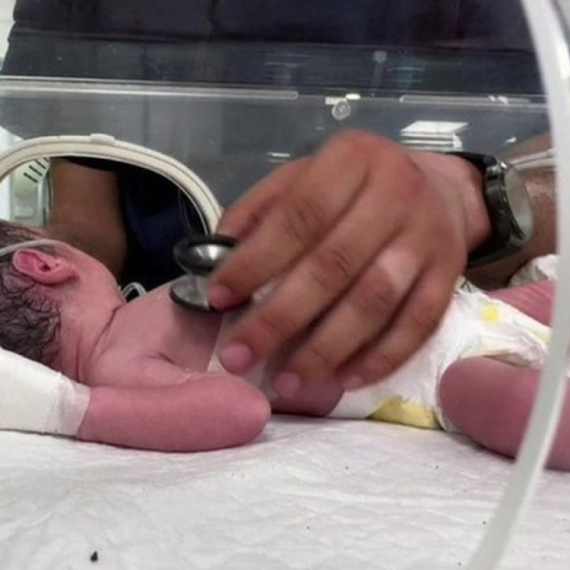

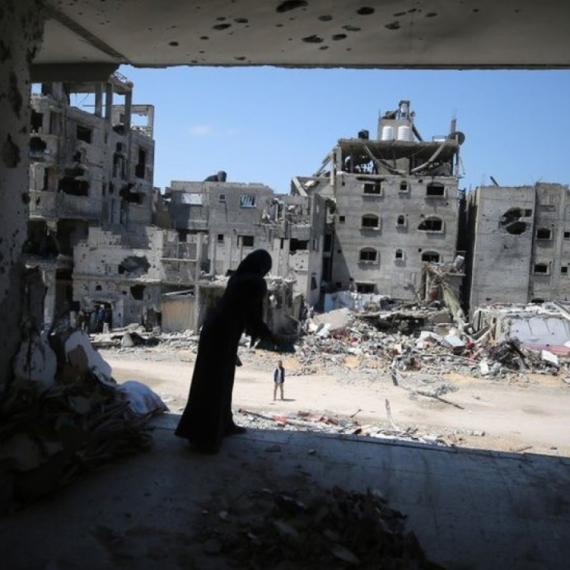
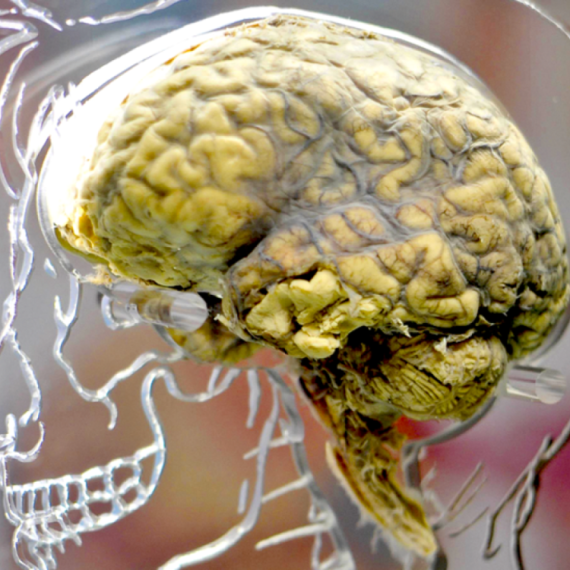

Komentari 1
Pogledaj komentare